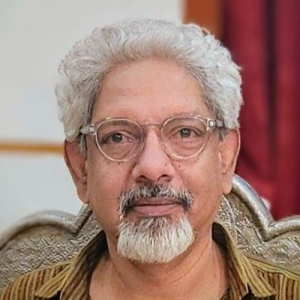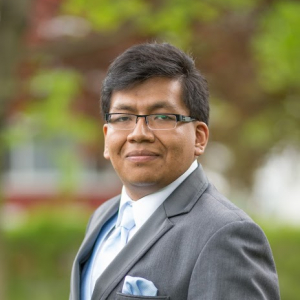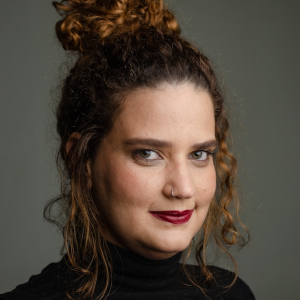Official poverty lines predominantly focus on the ability of individuals and households to gain access to some minimal level of income, on the premise that such access is sufficient to meet basic material needs. The Levy Institute Measure of Time and Income Poverty (LIMTIP) is designed to take account of the fact that the daily reproduction of household members also requires that some amount of time be dedicated to necessary (unpaid) household production activities. Just as some households fail to gain access to sufficient income, the LIMTIP measures the extent to which households may fail to meet their basic household production requirements for lack of time (or the money to purchase market substitutes).
Read Levy Scholars’ recent blog post on the new US LIMTIP estimates here.
Associated Scholars
Associated Programs
34 Related Publications
-
Working Paper No. 871August 09, 2016
Simulations of Employment for Individuals in LIMTCP Consumption-poor Households in Tanzania and Ghana, 2012
-
Working Paper No. 865May 05, 2016
Measuring Poverty in the Case of Buenos Aires
-
Research Project ReportAugust 28, 2014
The Measurement of Time and Income Poverty in Korea
-
Public Policy Brief No. 136August 28, 2014
Can Child-care Subsidies Reduce Poverty?
-
Press ReleaseMay 29, 2014
Official Measurements Significantly Underestimate Extent and Severity of Poverty in Turkey, New Levy Study Says
-
Public Policy Brief No. 132May 05, 2014
Πόσο φτωχή είναι η Τουρκία και τι μπορεί να γίνει
-
Public Policy Brief No. 132May 05, 2014
How Poor Is Turkey? And What Can Be Done About It?
-
Research Project ReportMay 01, 2014
Time Deficits and Poverty
-
Working Paper No. 793March 27, 2014
Quality of Statistical Match and Employment Simulations Used in the Estimation of the Levy Institute Measure of Time and Income Poverty (LIMTIP) for South Korea, 2009
-
One-Pager No. 46February 12, 2014
Time and Consumption Poverty in Turkey
-
One-Pager No. 46February 12, 2014
Φτώχεια χρόνου και κατανάλωσης στην Τουρκία
-
Press ReleaseFebruary 03, 2014
By Ignoring Household Work, Official Measurements in Korea and Many Other Countries Vastly Underestimate Breadth and Depth of Poverty, New Levy Economics Institute Paper Says







